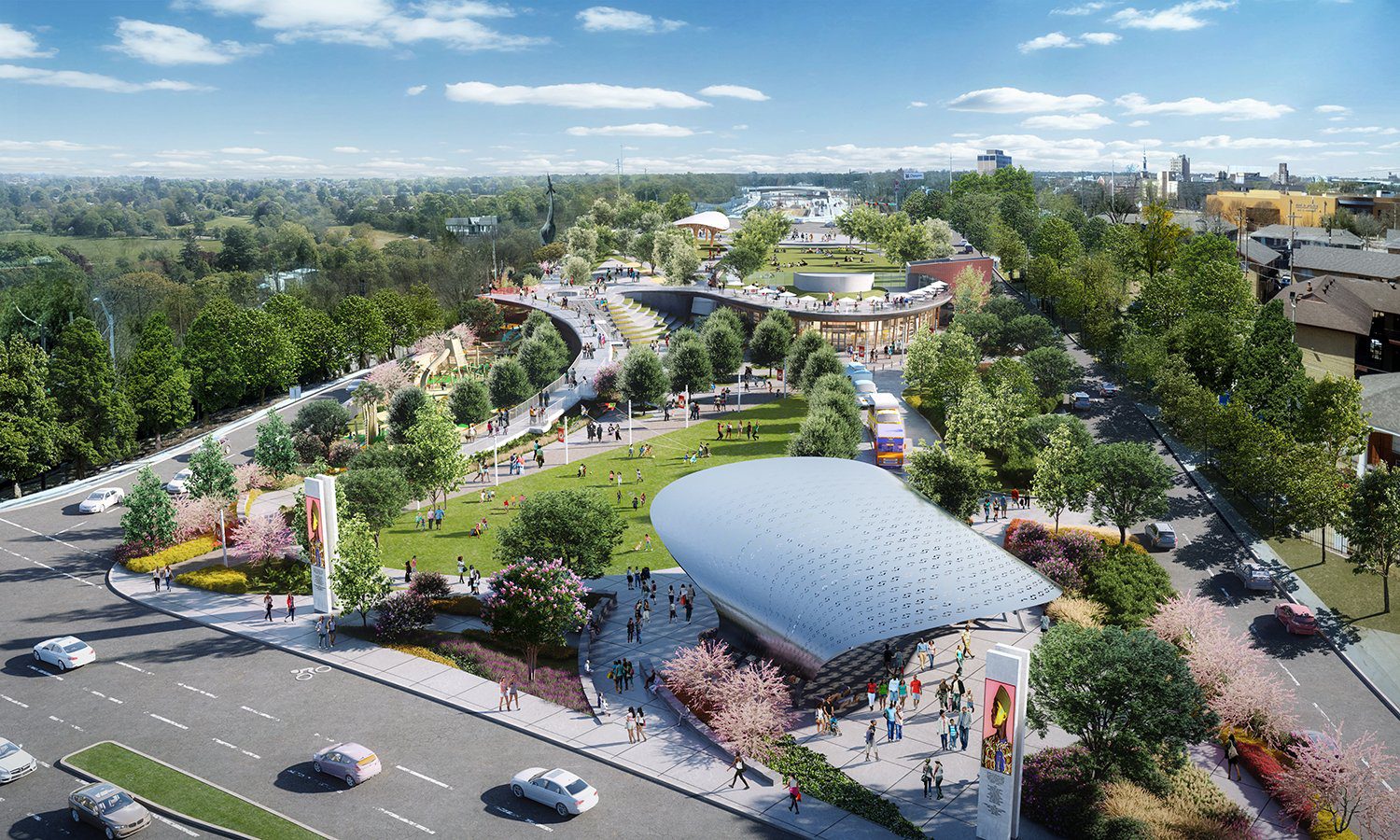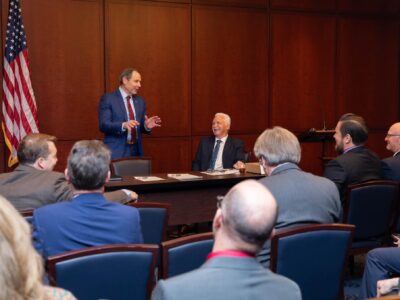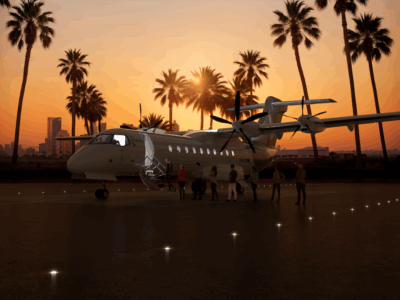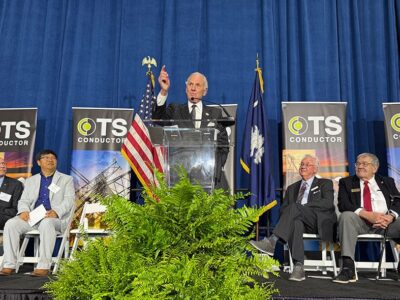Dallas, TX, will make numerous improvements and additions to its transit system and roadways using federal infrastructure funding. Texas will receive $35 billion over the next five years to improve transit, increase climate resiliency, and expand broadband access. Dallas has announced the possibility of up to 58 new projects for the funds, including pedestrian and bike paths, a new entry road to Dallas Love Field, lake and dam repairs, and various street improvements.
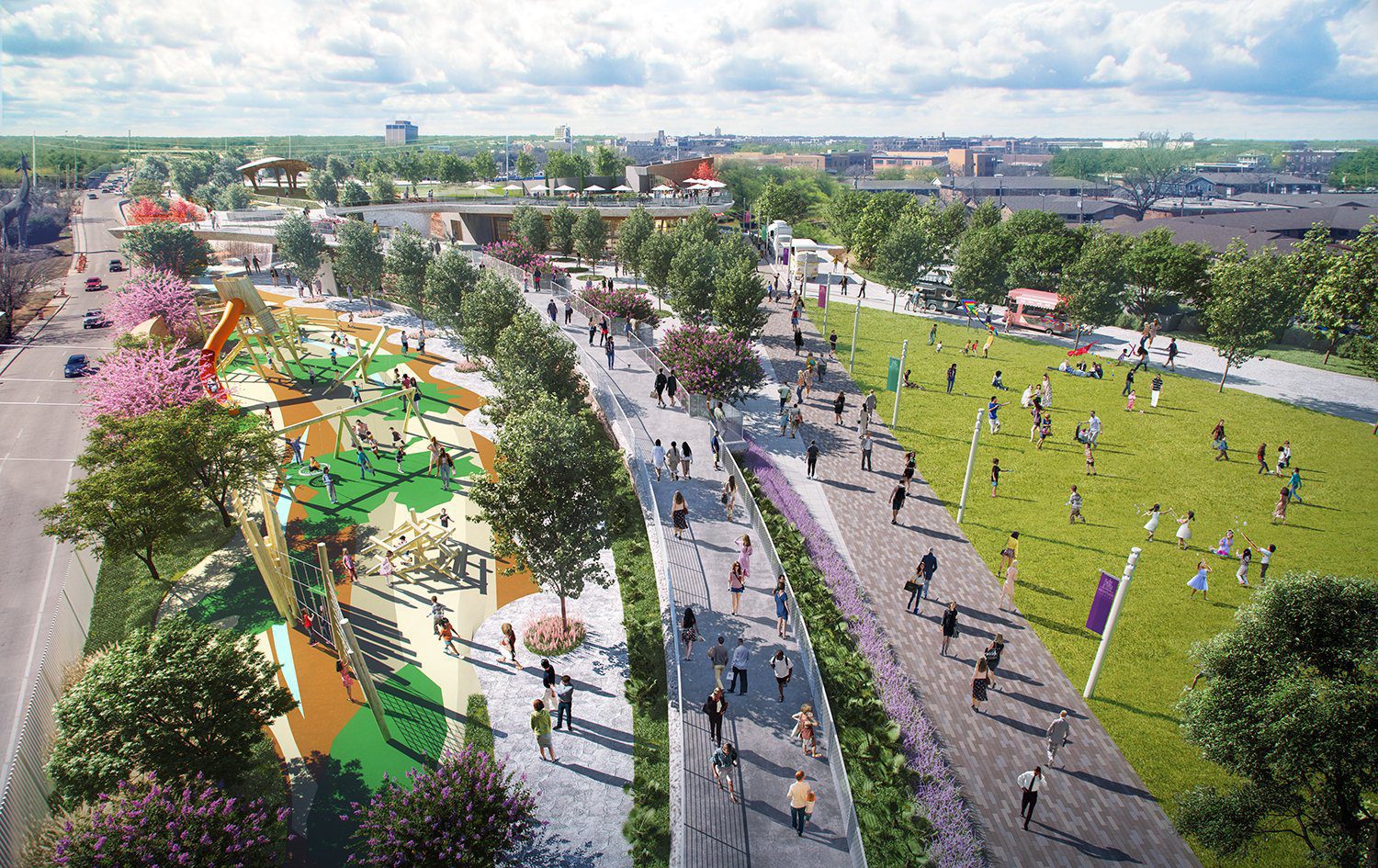
“This is a huge … investment into the core infrastructure needs of the nation. We are talking about big transformational projects here,” said Dallas Funds Development Manager Dina Colarossi. “It is five years of funding for new and existing grant programs.”
Dallas’ list of projects focuses on parks, pedestrian bridges, road repairs, and new gateways. The city will use more than $65 million for Southern Gateway Park, which includes building a pedestrian bridge to connect the urban park to the zoo.
The city will also use $50 million to connect Trinity Groves to downtown with the West Dallas Gateway. New streets, sidewalks, and bike lanes are also a part of this project.
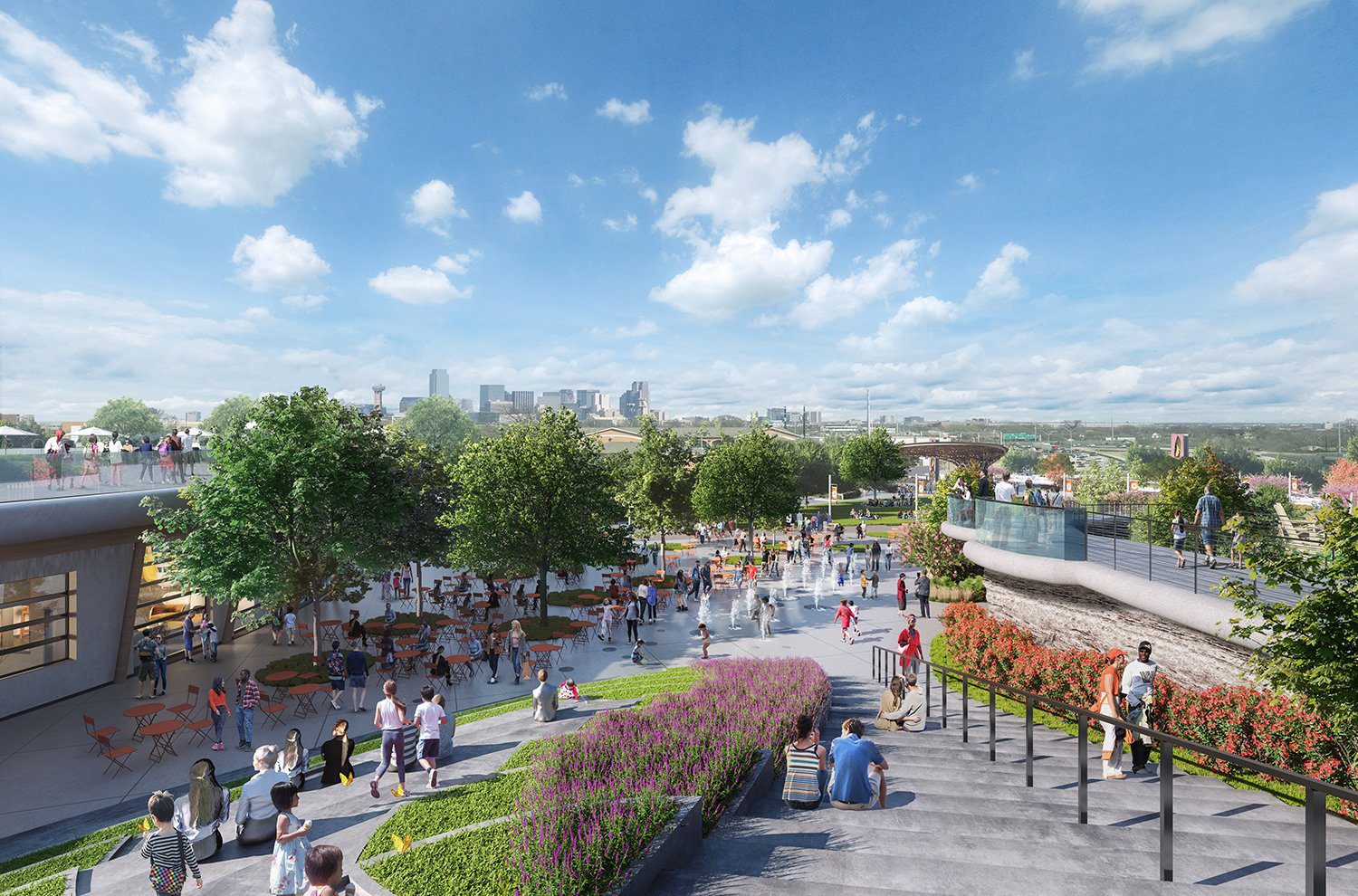
The city will also use $32 million for the Downtown Connection project, extending the streetcar line along McKinney Avenue to the convention center. The busy Dallas Love Field airport will get a new entry point with a $262 million road project and a new fire station. Dallas slated several metro area waterways for repairs: $80 million will dredge White Rock Lake, and $40 million will bolster the Bachman Lake Dam with a new concrete spillway.
Walkers and bikers will be excited to learn Dallas plans to use $15 million to add pedestrian and bike paths in various city corridors, including Ross and Greenville Avenues. Increasing safe, equitable access to transit alternatives such as biking and walking is a crucial goal of the federal infrastructure law. Funding will also be used for electric vehicle charging stations and tree canopy improvements to reduce urban heating.
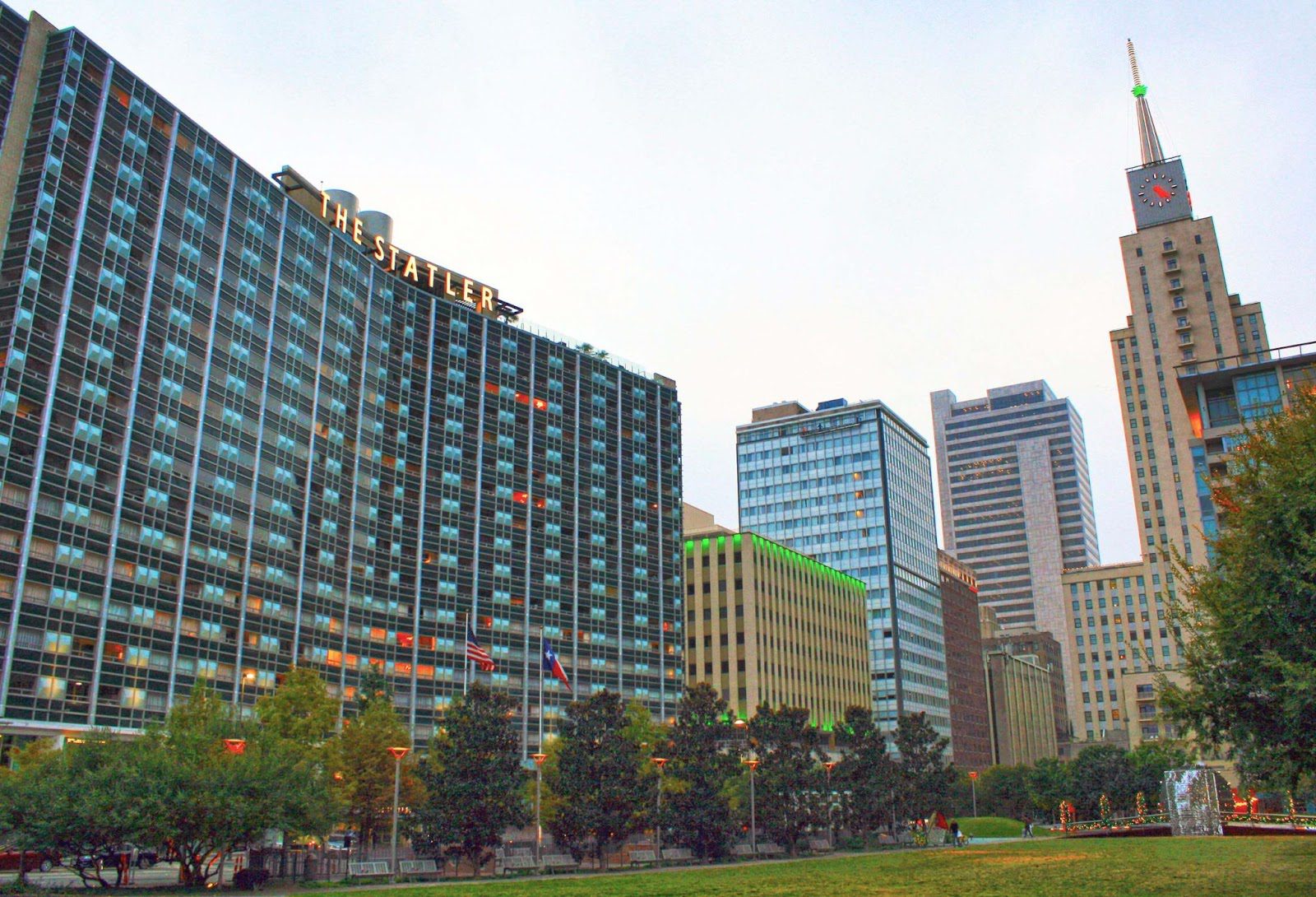
The improvements are critical in a state with 67 extreme weather events — including wildfires, hurricanes, and flooding — in the last 10 years, which cost Texas as much as $200 billion. The goal of the federal funding is to not only improve transit and communication for all American citizens but to make the U.S more resilient against climate change by decreasing carbon emissions and making infrastructure stronger and easier to repair after a severe weather event. In Dallas, funds are also set aside to install energy-efficient roofs and solar panels on city facilities to lower greenhouse gas emissions and to bring high-speed internet access to all Dallas neighborhoods.City leaders are particularly excited to make improvements in traditionally underserved neighborhoods. “Our folks have been working on this for months, months, and months if not years beforehand for an opportunity like this to happen. And it’s here,” said Dallas Councilmember Omar Narvaez.

